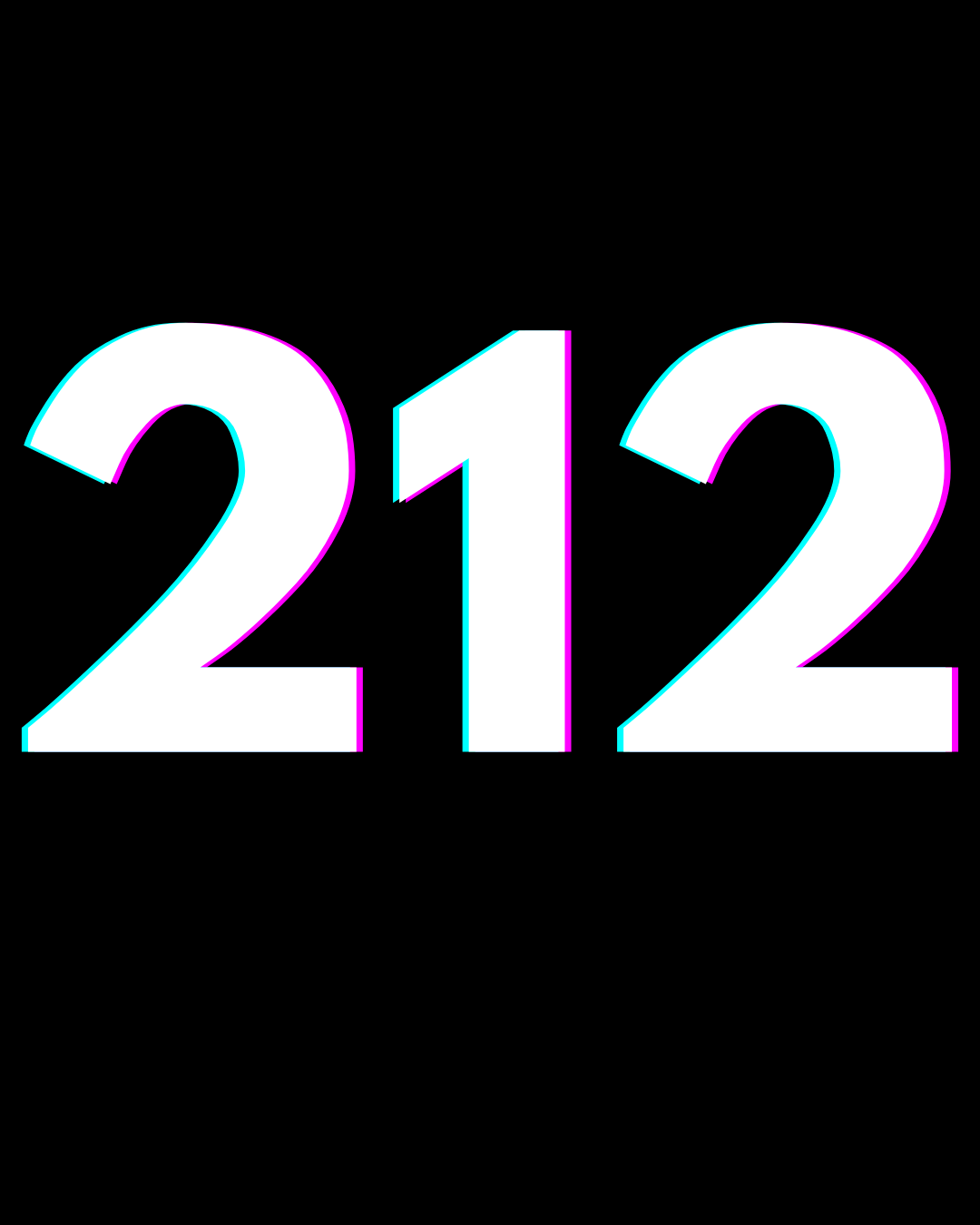If I Were to Start a Tech Company in Europe: My Blueprint for Hoteltech

If I were to start a tech company in Europe today, I’d choose something close to my heart and rooted in a real-world problem: hoteltech. Not just because it’s “hot” or investable, but because I’ve seen, first-hand, how clunky, outdated, and disconnected many systems in hospitality still are.
So this isn’t a hypothetical. It’s a blueprint. If I were to go all-in, this is what I’d do and why.
1. Why Hoteltech? (And why now)
Europe’s hospitality industry is in a renaissance. After the shock of the pandemic, hotels had no choice but to rethink operations (such as digital check-ins, remote staffing, and AI-powered guest experiences became necessities, not luxuries.)
Yet, many of the solutions are still fragmented. A mid-sized boutique hotel in Rome may still rely on four separate systems that don’t talk to each other. Guests expect seamless mobile-first experiences; staff expect automation that doesn’t require a computer science degree to understand how to use it.
Speaking from over 15 years in the industry, I can confidently say: yes, hotels are getting smarter and more tech-savvy, but still, more than 90% of hotels worldwide struggle to optimize their operations and are barely breaking even.
That’s the gap. And that’s where I’d start.
🔍 Stat: According to Statista, the European smart hospitality market is expected to grow at a CAGR of 19.2% through 2027.
2. Starting with a community before coding
Before I (or someone in the team because I don't know how to code..) wrote a single line of code, I’d focus on building a community.
Hospitality is a people-first industry. The best tech here isn’t built in silos, it’s built in conversations. I’d spend months attending niche hospitality meetups (ITB, WTM, HITECH, HSMAI, ...), and listening to small hotel owners vent over coffee.
This also means creating value before asking for anything:
- Hosting webinars on guest experience trends
- Sharing insights via LinkedIn posts and newsletters
- Starting a LinkedIn group for independent hoteliers and tech enthusiasts
When your community believes you “get it,” building becomes easier.
3. Building the MVP: focused and feedback-driven
I wouldn’t try to “revolutionise the entire guest journey.” That’s founder fantasy. Instead, I’d laser in on one painful point. Maybe F&B Revenue Management 😉
Tools I’d use for the MVP:
- Bubble or Glide for prototypes
- Notion for product feedback tracking
- Direct interviews with front desk staff during soft beta launches
- Why not join a hackathon (feedback can be brutal here, but that's what you sign up for!)
I would follow The Lean Startup approach and only build necessary features based on customers/market feedback.
4. Finding the right Co-Founders and Advisors
No one builds alone. I’d look for:
- A technical co-founder with SaaS experience
- An operations-savvy co-founder who’s worked in hospitality
- Advisors with credibility: ex-GMs, HQ leaders at branded properties, ex-hoteltech founders, or consultants
I’d reach out via:
- LinkedIn cold DMs (with context!)
- AngelList for talent
- Startup meetups focused on hospitality or vertical SaaS
Your advisors should not just have names, they should open doors for you.
5. Funding in Europe: Bootstrapping, grants, and angels
I’d resist the urge to chase big VC money too early.
Instead:
- Bootstrapping to validate and maintain ownership
- Tapping into EU innovation grants like Horizon Europe
- Joining accelerators like Techstars Amsterdam or EIT Digital
- Pitching angel investors from the hospitality industry (many are looking to digitize their investments)
Big money helps, but so does the right money. Be careful who you get in bed with..
6. Becoming a Thought Leader, Not Just a Founder
In 2025, visibility is as important as viability.
I’d commit to:
- Writing every week (LinkedIn posts, blog reflections) - aka.build in public.
- Speaking at local tech and hospitality events
- Mentoring younger founders (you learn while teaching)
- Launching a podcast or newsletter interviewing hoteltech innovators
The goal: become not just a builder, but a voice in the space.
7. Scaling ethically and globally
As things grow, I’d double down on:
- GDPR compliance from day one
- Building interoperable APIs instead of closed ecosystems
- Focusing on support with "bang-bang" responsiveness
- Prioritising tech that empowers hotel staff, not replaces them
- Focusing on the EU first such as France, UK, Spain, Germany, Netherlands, before eyeing the US or Asia
Sustainable scaling is not just a business model, it’s in my opinion a belief system.
Final Thoughts
If I were to build a hoteltech startup in Europe, I’d lead with empathy, grow with community, and scale with intention. The opportunities are real, but so are the traps: shiny features, vanity metrics, fundraising theatrics. I will make sure first and foremost to be aligned with myself and be crystal clear on what I want to build, who I want to build it for and why I am building this.
So to anyone reading this and thinking of building: You don’t need to wait. The tools are there. The problems are real. And the community? It’s ready for you.
You don't know where to start? I often recommend reading The Lean Startup by Eric Ries as a first introduction to this mindset (and if you listen closely to this book, this will save you a lot of money and time ;))


